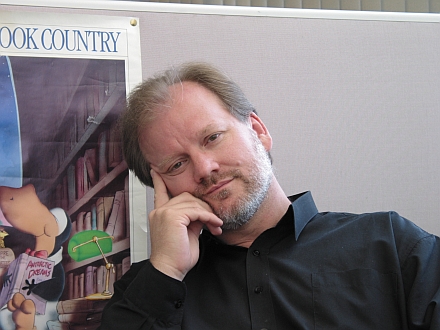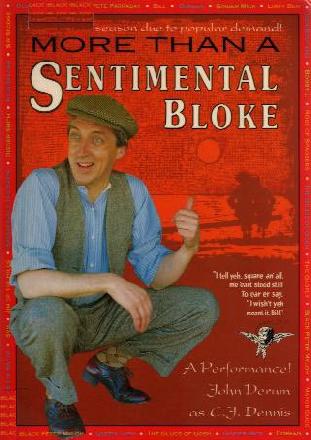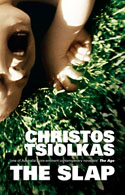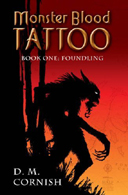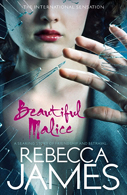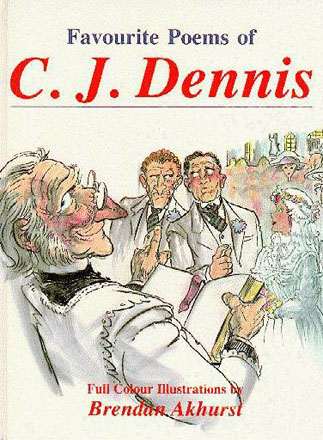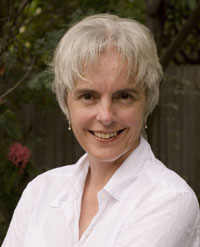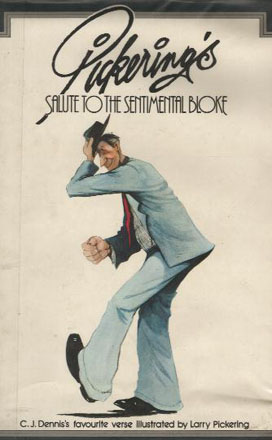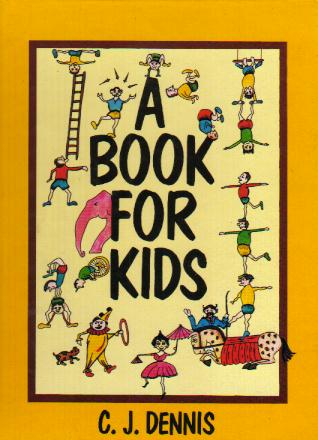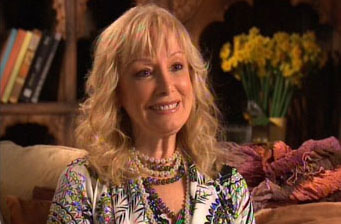The recent passing of "Banjo" Paterson inclines us to wonder how many of the company of balladists who flourished in the 90's and early 1900's remain. In the period mentioned their name was legion. A new star seemed to flash, every week -- many suddenly went out. How would the younger generation today react if it read those virile verses which once held such a vast audience? Maybe the writers would be regarded as ultra-sentimentalists in these hard-boiled times.
In the 90's, when the ballad boomed, the various States were passing through crises in their development. There were few secondary industries, wages were low, and work scarce. Economically, Australia was in a bad way and the balladists were the voice of Australia, in her anguish, or seeking relief in happy songs, such as those of The Banjo and Will Ogilvie, whose death preceded Banjo's by some months.
Another well-known ballad writer is Edwin J. Brady, who wore a red, piratical beard in those earlier days. He is very much alive at Mallacoota, and has just been awarded a subsidy by the Literary Fund to write a novel... His songs of the sea are front-rankers. And much of his knowledge came from his close association with ships along the Sydney waterfront. In the days of Lawson, Daley, Quinn, and other old-time balladists.
Another surviving writer of verse is Randolph Bedford, now living in Brisbane, where he represents the Maranoa electors in the State Parliament. Better known as a brilliant prose-writer, he often burst into verse of a remarkably vivid and robust type; but he has not written for a long time.
Roderic Quinn, regarded as the grand old man of the balladists, is evergreen, and writes fine verse still, though not as prolifically as in the days when he wrote "The Hidden Tide." His close friend, Bob Cassidy, "Gilrooney" in the "Bulletin" pages, seems to be evergreen, too.
A Lost Art.
Many years ago "Gilrooney" was droving with "Riverina," another outback balladist, whose name is Cecil Winter; and, strangely enough, this long-legged outbacker, who told me in a letter before I met him that he had never seen the sea, went to the war with the New Zealanders and married a New Zealand girl. His home is at Bluff, and he often breaks into song.
Only one old-timer survives of the New Zealand ballad writers, John Barr, who won his spurrs and the ear of the'"Bulletin" with his verse, "The Gaslight on the Beer." He conducts a page of verse and prose in a Sydney paper under the title, "The Shanty on the Rise." Bartlett Adamson, though a Tasmanian, came into prominence when in New Zealand, and is still writing verse.
The striking fact is that there are no recruits to this company of old, no sons to carry the banner. Ballad-writing seems to be a lost art. There are, of course, those who declare it never was an art; that it was just an outburst. But it spoke for its time.
Essex Evens, the Queensland poet, who won fame and a substantial cheque when he landed the prize for the Commonwealth Ode, may also have unconsciously written the death-knell of the ballad. It may be a wrong conclusion, but it seems likely that Federation killed the ballad, just as it cleaned up the "pushes" from the street corners of our cities.
Under Protection, work became plentiful. In his book. "Jonah," Louis Stone showed how the larrikins were absorbed into industries which sprang up. So with the balladists. There was more for them to do in other walks of life and many of the evils of which they wrote had vanished. It was Henry Lawson who declared that, while he was working as a telegraph linesman in New Zealand, "he was too healthy to write," a remark for which the "Bulletin" reproved him. He meant he was too healthily tired at the end of his day's work. So with other balladists. Verse-writing requires time and detachment.
The popularity of the ballad was astounding; many a man on the track got free beers in country "pubs" by claiming to be one or other of the lesser lights of verse writers and reciting verses, which seemed to offer conclusive evidence of identity. At any rate he entertained his wayside listeners, and he might do it today, for in the bush the ballad still finds an audience.
First published in The Sydney Morning Herald, 29 March 1941
[Thanks to the National Library of Australia's newspaper digitisation project for this piece.]
